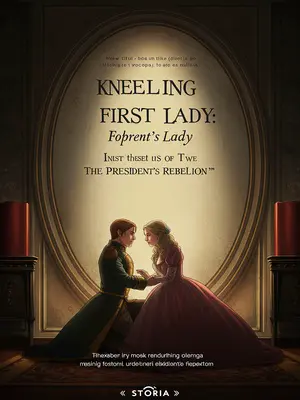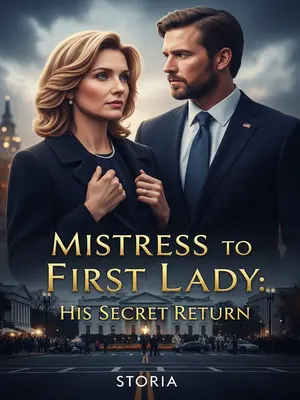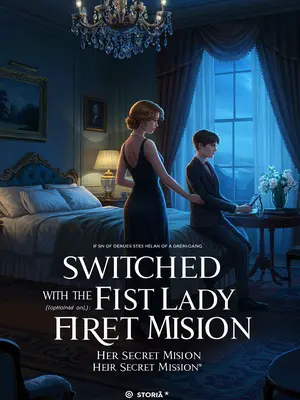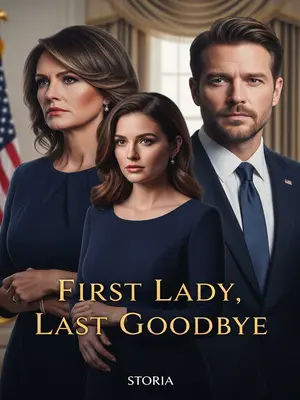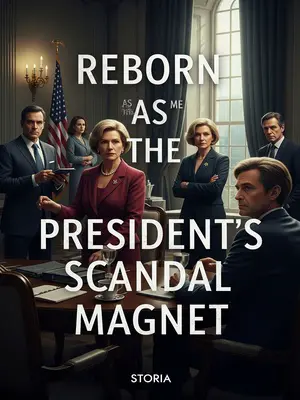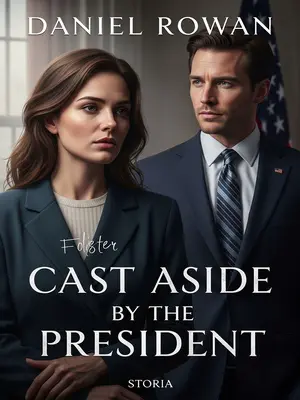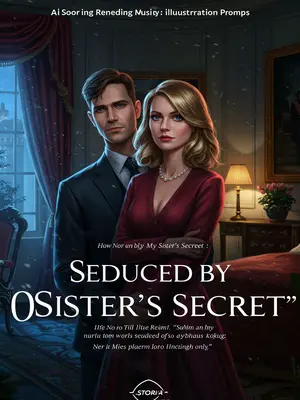Chapter 12: The Golden Age Dawns
He said, Victoria sought marriage; for our friendship, he refused, but the First Lady and Victoria’s mother pressed hard. He didn’t know what to do. Victoria wrote—Henry took the bait, wedding soon.
I smiled, wrote, “I am sad too, but won’t let Henry be sad. Victoria is a beauty—marry her, just don’t forget me.”
The administration, angry at my escape, stripped my title, broke the engagement. When I took power in the Midwest, the tone changed—said Special Envoy Audrey Hayes returned to save her father, stabilized the border, inherited the general’s title, and made up legends, making my people worship me as a hero.
For a time, my fame soared.
Soon Henry replied—said Brooke was deeply in love, didn’t know how to refuse, always saw her as a cousin. Brooke wrote, congratulated me, joked about her own good news, and plotting with Victoria. I raised my brow, “Henry is worthy—Brooke entrusts him to you.” Tone mournful.
With Victoria’s influence, Brooke’s wealth, and my troops, Henry became President. Victoria sent White House news, Brooke gathered intelligence. For a time, I was the best informed.
Henry ruled only two years; Northeast and Southwest rebelled. I gladly accepted his order to suppress the Northeast, left his appointees if obedient, killed if not. Three months to pacify the Northeast; meanwhile, Southeast, West, and Southwest all declared independence.
At the Northeast forest, a messenger brought the order. Henry granted titles to all but me, only giving me a First Mistress title—both wooing and suppressing me. My confidants were furious, wanting to kill the foolish President. Ethan laughed, told them not to rush. “The Oval Office can be won without bloodshed.”
I laughed. “The engineer understands me.”
I accepted, united the North—half the country mine. In this chaos, the White House bloodline was coveted; soon it would be in my grasp.
In the holding cell, I met the Northeast envoy. He was silent, neither scolding nor flattering, enduring interrogation in silence. I shook my head. “Mr. Franklin, I know you—you are an honest official. You love the people—why can’t you see the Callahan family is a parasite? Did you study ten years for the people, or the Administration?”
He was stunned, tears fell, muttered, “I don’t know. Ashamed, ashamed.”
I released him; he suddenly said, “General Hayes, I have been to your Midwest—it is peaceful. I hope you keep your heart, don’t fail the people.” Then he signed his confession and dashed his head to death.
It was tragic; I couldn’t bear to look. Ethan sighed, “If you succeed, we will serve, live or die for the people. If not, we will follow you, die without regret.”
I was shaken, tears filled my eyes. “Ethan’s words, I will remember.”
Franklin’s confession was handled; someone would forge his writing for the White House, but real power was still mine. I left Ethan in the Northeast, an old general in the Midwest, the Justice assisting.
Then, in presidential regalia and red tie, I entered the White House in glory. On the way to D.C., war burned the fields, bodies lay everywhere. My heart trembled, furious at Henry’s incompetence.
After years, D.C. was still prosperous, officials coming and going, as if unaware of war. At the gate, the welcoming team was vast, all familiar faces. At the end, Henry in a blue suit stood, holding presidential dignity, clearly displeased at my black-armored guards. Beside him, Victoria and Brooke in splendid attire, smiling.
I raised my brows, grinned. Henry looked at the peerless woman on horseback—heroic and beautiful, unlike the White House women, wild like a rose, blazing like the sun. She had truly become a phoenix. Henry felt himself shrink, a flash of panic, sweaty palms, unconsciously touching his eagle-crest cufflink.
I didn’t see Victoria, frowned, dismounted, took the order from the staffer. First Mistress Hayes—good title. After the staffer read the order, Henry took my hand and said, “With my beloved, I am as if with wings.”

